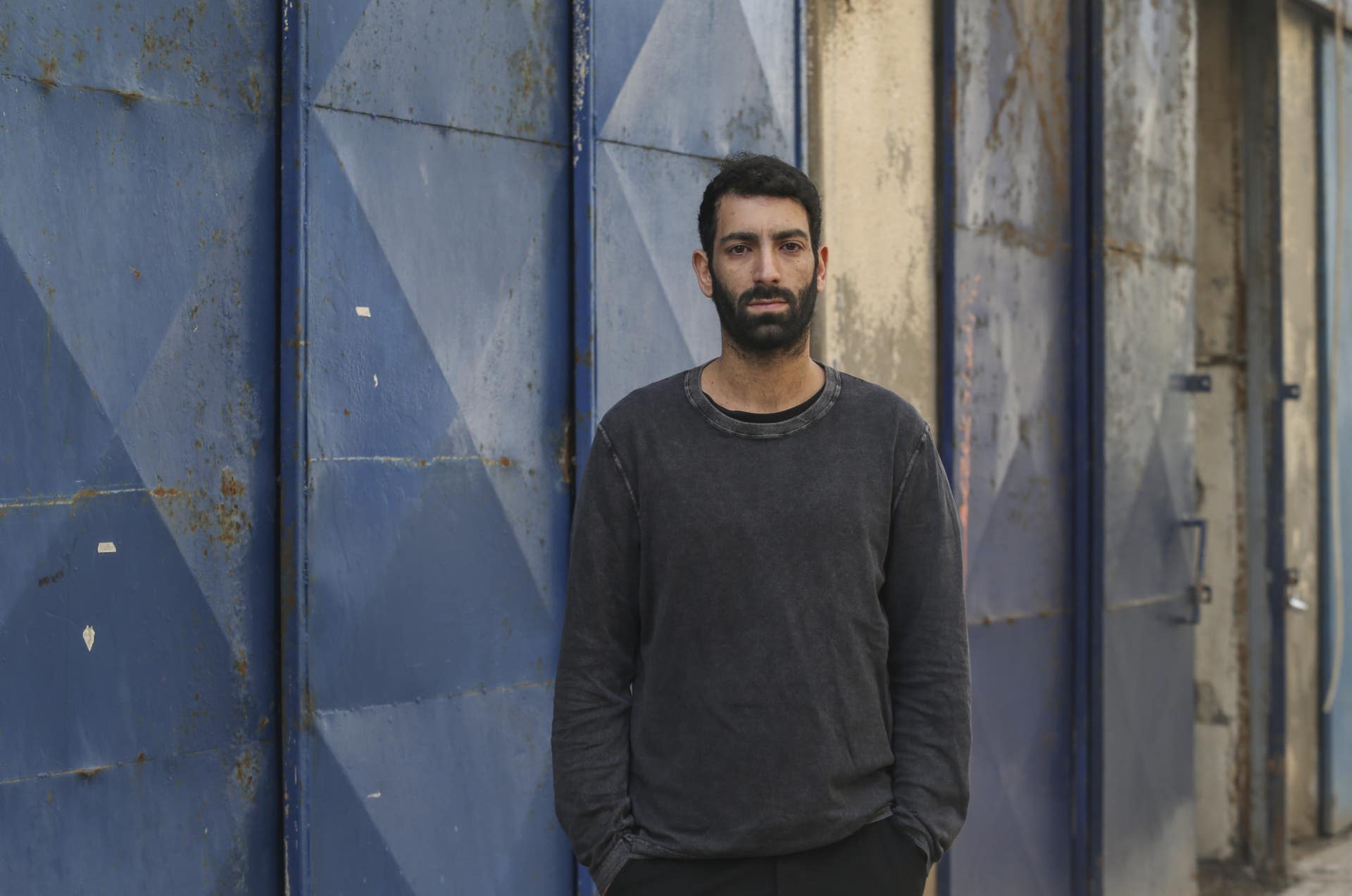 Israeli director Tomer Shushan
Israeli director Tomer Shushan In the runups to the annual Academy Awards, true blue and white members of the Tribe around the globe root for the Israeli entry to make the shortlist of foreign language films, vying for an Oscar in the recently renamed “international features” category.
In a frequent scenario, akin to always a bridesmaid but never a bride, Israel’s past entries have made the lists of five finalists 10 times, but have never won the coveted Oscar.
This year the faithful were disappointed when 15 semi-finalists were chosen among entries representing 93 countries. Israel’s submission “Asia”, an intimate mother-daughter film about Russian immigrants in Israel, didn’t make the cut.
In contrast to the U.S. and global mass media, which focuses its attention of the best actor/actress/director nominees and winners, this column traditionally concentrates on the achievement of Jewish/Israeli talent.
Thus we reported recently that for the 2021 Academy Awards, a group of Israelis from Tel Aviv University and the startup industry Aminom had won the special Academy Award in the Sciences and Engineering category. The group developed a wireless video technology now used throughout the global film industry
However, recently Hillel Newman, Israel’s consul general in Los Angeles, phoned this reporter to draw attention to an overlooked Israeli candidate. He is Tomer Shushan, a 33-year old director, whose 20-minute film “White Eye” has made the short list of 10 finalists among 174 entries.
(For full-length foreign language movies, each country’s film academy enters one movie. However, in the short film category, producers and directors can submit their own works.)
“White Eye” tackles an Israeli problem quite familiar to Americans — prejudice by much of the population and police against non-white inhabitants, especially if they are immigrants.
Shot in one take during one night in a squalid quarter of Tel Aviv, the film’s protagonist is Omer, a light-skinned middle class native Israeli. In the opening, he spots a bicycle recently stolen from him during a beach outing. While he tries to break the bicycle’s lock, Yunes, a black Eritrean immigrant, taking a break from his job in a nearby meat packing plant, spots Omer and claims that he owned the bicycle and had bought it for 250 shekels, roughly $75.

Omer, played by actor Daniel Gad, calls the police and two cops — one wearing a kippah — discover that Yunes has overstayed his visa— meaning that he, his wife and child would likely be deported back to their strife-torn African native land.
Now Omer has twinges of conscience, walks over to a nearby ATM and withdraws 250 shekels, which he hands to Yunes.
The final scene is a shocker, which viewers must discover for themselves and which closely resembles Shushan’s own real life experience when his bicycle was stolen
In a phone interview director Shushan said that he chose the film’s title as an allusion to white eye as an affliction of blind people and implies that many of his fellow Israelis were blind to the racial prejudice in their country. “Though less intensive than in the United States,” he observed, there is considerable prejudice in Israel, and among the police, against dark-skinned inhabitants.
Statistically, there are some 80,000 Eritreans and Sudanese in Israel, with half of them living in the Tel Aviv area.
Shushan, himself the descendent of Moroccan Jews, said he had experienced prejudice, though less in “liberal” Tel Aviv than in Jerusalem. Asked for an example of such prejudice he had experienced personally, Shushan recalled that one day in class, his teacher announced that the following day a session would be dedicated to a remembrance of the Holocaust. However, young Tomer decided to skip school that day “because I wanted to do something else,” he said.
Next day, the teacher told Tomer to bring in his parents for a talk, during which the boy told the teacher that he didn’t care about the Holocaust. He was then suspended for three days.
Whether the reader considers that punishment just or not, the incident illustrates the gulf between Israelis of different descents. But that the gulf does exist is shown by “lots of demonstrations, especially in Tel Aviv, against domestic prejudice,” Shushan said.
Harking back to his own experience underlying the film, Shushan said that he felt sorry for the alleged thief, told the police to go away, gave 250 shekels to the immigrant and took the bicycle back. However, the latter continued to cry, saying he was afraid that the police would come back and that everybody was against him.
By that time, Shushan said, he “didn’t like the bicycle anymore” and consigned it to the fate illustrated in the finale of the film.
The total cost of the film came to $34,000, of which 90 percent was covered by the government-backed Makor Foundation. Shushan is now trying to raise finds for a feature film on a similar theme, titled “Between Sand Grains.”
Speaking of off-beat films, Variety magazine reports that Stone Canyon Entertainment has started production on the film “Who Are the Marcuses?” The film focuses on Holocaust refugees Lotti and Howard Marcus, who lived modestly in a San Diego apartment but bequeathed half a billion dollars to Ben-Gurion University of the Negev to study water management — the largest single gift in the history of Israel.








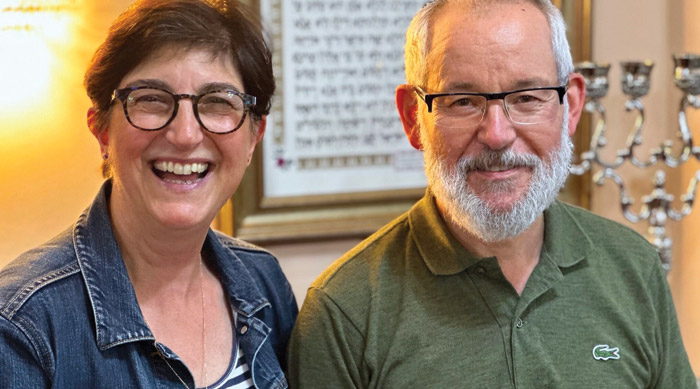


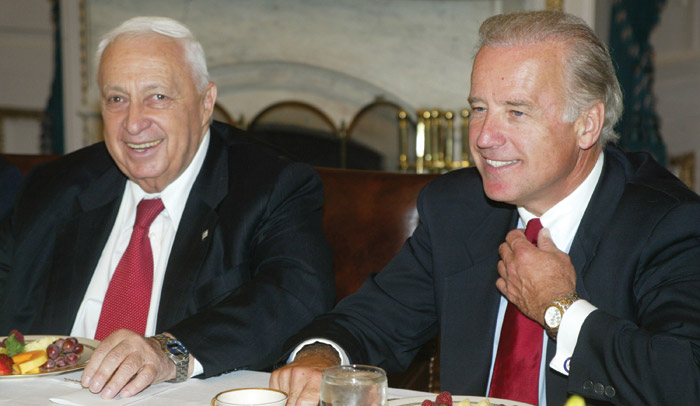
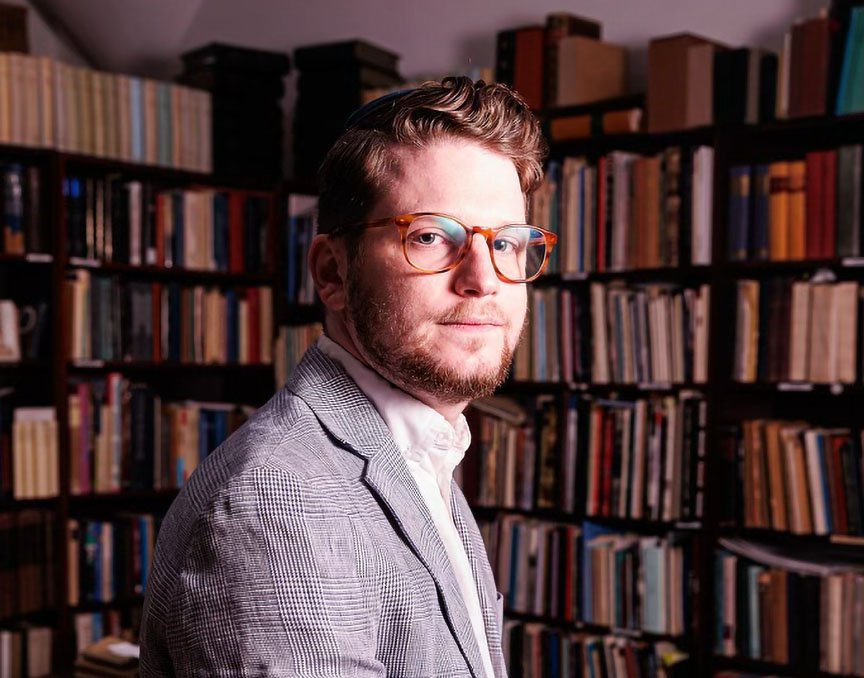



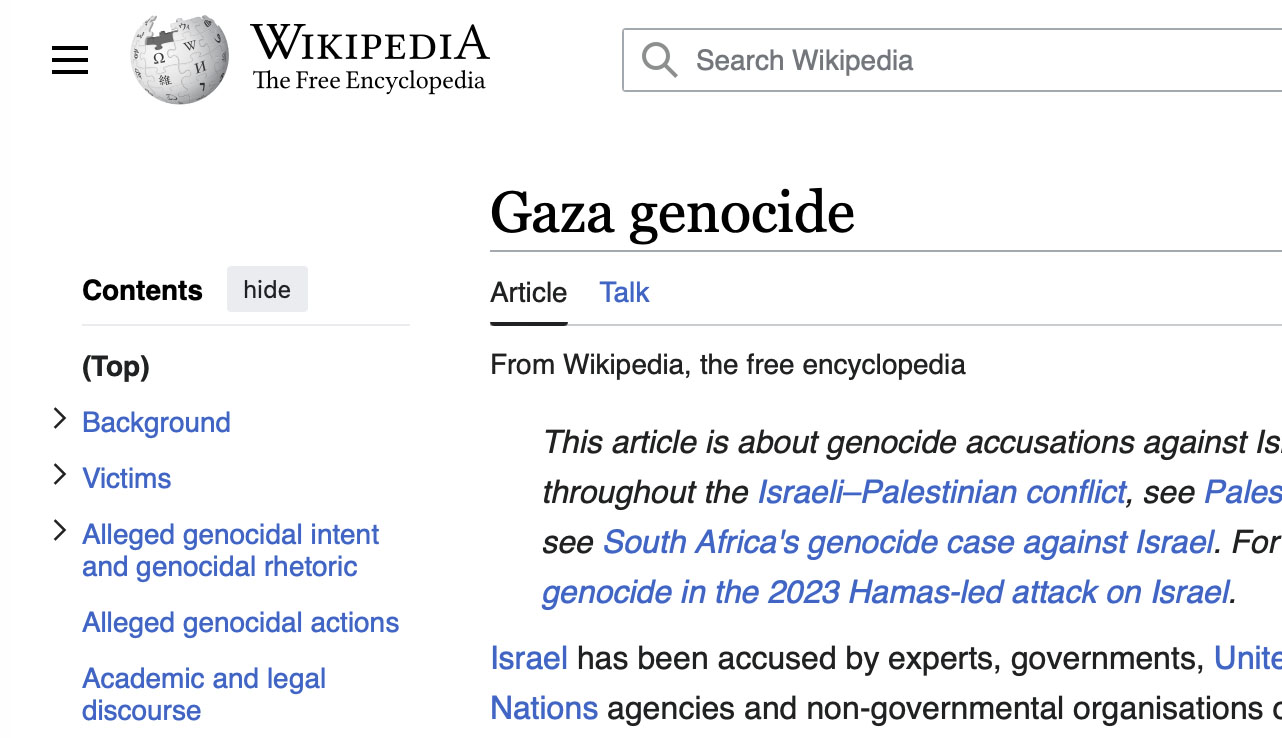



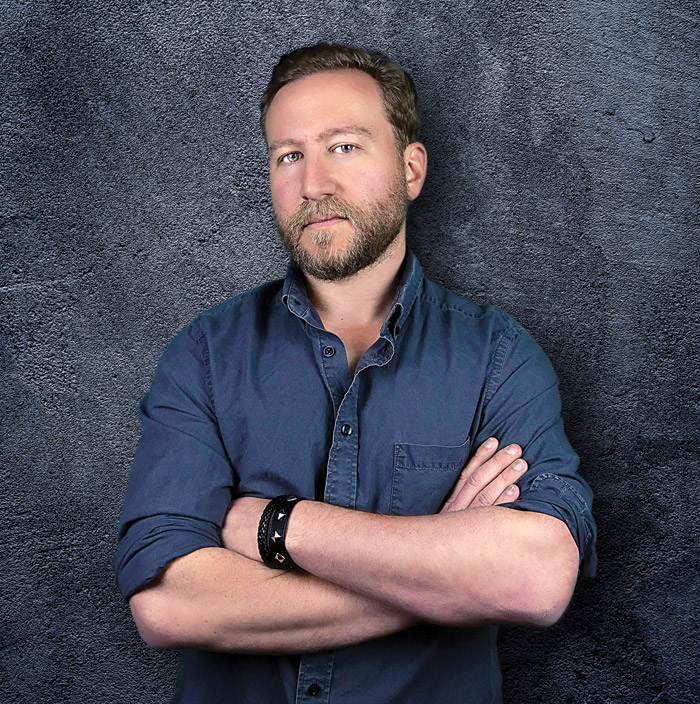

 More news and opinions than at a Shabbat dinner, right in your inbox.
More news and opinions than at a Shabbat dinner, right in your inbox.